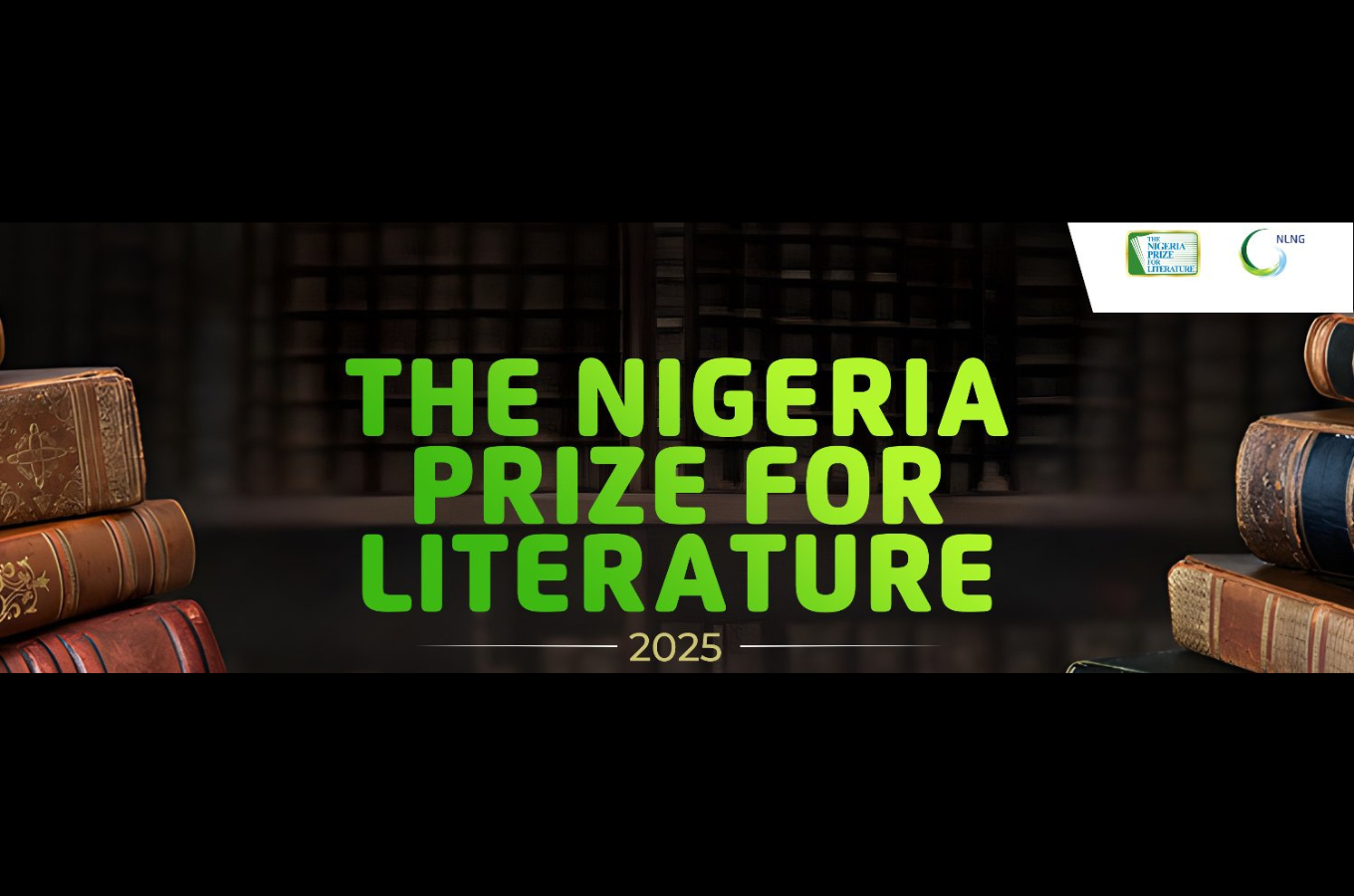BY ERNEST OSOGBUE
I must appreciate the board of the Nigerian Liquefied Natural Gas NLNG for the institution of the literature award in Nigeria. The award, the largest in Africa has gone a long way to stimulate the creative brains of Nigerians across board in the effort to be crowned winner.
In the last few years many writers from the different genres have been awarded this coveted prize, and the monetary reward that goes with it has seen their lives transformed and the impression has now been created that there is reward in writing.
One thing the NLNG board has done though is the monetization of the award. By this, I mean the huge amount of money on offer for the prize winner. I am still baffled as to the reason why the NLNG board made the decision that the cycle of the award must flow in a four year orbit between prose, poetry, drama and children’s literature.
Could it be due to the dearth of creative writing in our country and the fact that there are not enough works to be judged on an annual basis? Or is it that the board wants to maintain the record of being the largest literature award in Africa, being that if it splits the money into four annually the prize drops?
A few questions need to be answered first, why do writers write, is it for monetary gain, for fame, or is it that there is a burning sensation in the depths of their stomach as a result of happenings around them and they need to birth a chronicle that captures a moment in time for posterity or for the education of society?
I have taken time to search my own heart and tried to answer the above questions as honestly as I could, and I have to agree that as a human being, the prospect of making money from my writings is quite exciting. The prospect too of being adored by people who enjoy my writing also elicits some form of pride. I have however come to the conclusion that despite the temptation of the above two scenarios, the overarching reason why I sit in front of my computer to pour out my soul, my gut feelings, my emotions and use my knowledge, experiences and creative energy to write; is that I have something to say, which I believe could be beneficial to my society or to humanity at large.
I quite agree that not all writers may feel like I do, I have however taken time to study literature and literary history, and nowhere have I seen a person of literature behave in a manner to show that his wealth is above his art. This has convinced me that while there are those who may be in the arts for monetary gain, majority of writers are more interested in their craft than the monetary reward it brings.
Do not get me wrong, this is not to say that a writer would be unhappy to see his art footing his bills, it is only to say that, the primary motivation is not financial gain, however, the writer would equally accept the rewards if his art is appreciated.
I tried to make an analogy and ask the question; would a gifted writer sell a single copy of his work to the highest bidder, with the proviso that no other copy of the work be printed? Kindly take note of my adjectival phrase ‘gifted writer’, the answer would be a big no most often than not. This is because the underlying force driving the gifted writer is that his work be accessible to the highest number of readers. A genuine writer would never be satisfied if he makes a lot of money without his works being read.
This brings me back to the issue of the prize money for the NLNG Prize for Literature. When you look at the whooping amount of One Hundred Thousand Dollars on offer, it blows your mind and the prospect of carting home that huge sum of money and the prestige of being recognized as having the best work of literature in the period under review is even more astounding.
One thing I have come to notice in the last few years due to the prevailing economic circumstances of our country is that the financial reward accruing to the literature prize has stolen the show. More often than not, what gets reported and circulated in the media is the name of the author who won the prize, because the financial reward is what attracts the attention of the media. You have to search through the milieu of stories on the award before you find the title of the work that actually won the award. In all honesty, I know this is not the original plan of the founding fathers of the NLNG Prize for Literature.
I know without being told that the ideals that gave rise to the award were beyond financial gain. I can imagine the initiators of the award seeing the struggles faced by Nigerian authors and initiating the award as a way of encouraging them to keep up the spirit of Amos Tutuola, Chinua Achebe, Cyprian Ekwensi and many others.
I believe the initiators would love to see the winning story being read in Nigeria and beyond, in bus stands, homes, offices and even being recommended in school syllabuses. I do not think the current situation where once the winner of the prize money is announced; the winning story goes into obscurity. This is because the winning story becomes overshadowed by the monetary reward. I believe this trend should be reversed; it would be great if more prominence is given the winning story in such a way that all those who love literature and even those who do not, would want to have a copy.
This can be done by giving the stories the prominence they deserve and reverting to the annual format for all the awards. This means that on a yearly basis, the best prose, drama, poetry, and children’s literature would be rewarded and the prize money need not be increased. When you divide the One Hundred Thousand Dollars into four, you still have a whooping Twenty-Five Thousand Dollars, which is still a handsome reward for any of the above categories.
What then happens is that the art itself would receive more prominence as opposed to the monetary reward being the catch as is currently the case. A situation where a work of literary creativity has to lie in abeyance for four years before being judged is equally a disservice to the art, as the issue of currency could rob a work of its overall impact when judged out of time.









